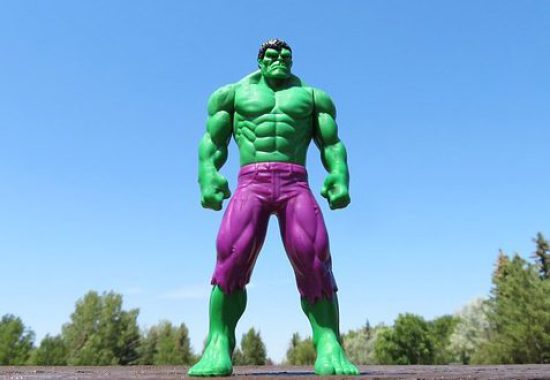
You’re unlikely to make it to the end of any job interview without the interviewer asking you about your strengths. However, even if you are not asked directly about them, you will certainly want to highlight your strengths if you want a job offer at the end of it.
When conducting your interview preparation be sure to sit down and ask yourself, what are my strengths? Too many candidates don’t talk about their strengths in an effective way so if you can, you will stand out from the crowd.
The interviewer needs to determine whether you are a good fit for the role and the team. To do this, they need to know your strengths. They want to see that you have the qualities and skills that they are looking for and that you can make an impact in this role.
Your answer to this question should help them to see that you will perform well in the job, that you’re better than your competition and that you really will be a great addition to their team.
Being asked about your strengths seems quite straightforward and like an easy question to answer. Don’t be fooled! It’s a great opportunity to sell yourself, but many candidates make these errors:
Get started by making a list of your skills and what you think are your ten greatest strengths. Give it plenty of thought and try to be creative with your list. Simply write down everything that pops into your head.
Strengths can come in all sorts of forms including:
Once you have an extensive list, try to narrow it down to five strengths that you think you could discuss in more detail during an interview. You may not talk about them all in every single interview, but it’s beneficial to have a few options.
If you’re feeling like you are stuck at the first hurdle, some of these methods should help you to identify your strengths:
Listing off your strengths doesn’t really prove to an interviewer that you have them. Therefore, for each strength that you may want to discuss during an interview, you should have a concise example or story about when you have demonstrated it. To answer this question well, practice your answers beforehand to ensure that they don’t turn into a long, rambling story.
You should also try to avoid talking about generic sounding strengths. For example, instead of saying you have good communication skills, you may want to talk more specifically about your excellent relationship building skills.
The strengths you talk about during an interview need to do two things:
The job description is a great place to identify what strengths the interviewer will be looking for. However, don’t just say you have the strengths listed there if it isn’t true. At the end of the day, you need to be yourself and if who you are doesn’t fit with this role/company then it’s better for you that you don’t get a job offer.
If you’re not directly asked about your strengths, you’ll need to find other ways to talk about them during your interview. The interviewer may ask you other questions such as, why should we hire you? which will give you an opportunity to discuss your strengths.
You should be able to attend every interview with your top strengths in mind and a clear idea of what key points you want to get across. These would include your strengths and any impressive knowledge that you have gained when researching the company.
When you’re not directly asked about the things you want to talk about, it’s down to you to look for and take the opportunities that arise.
Good luck!
Discover more common interview questions to prepare for here.
Follow us on Twitter, LinkedIn and Facebook for business insights, interview tips, advice and career opportunities.